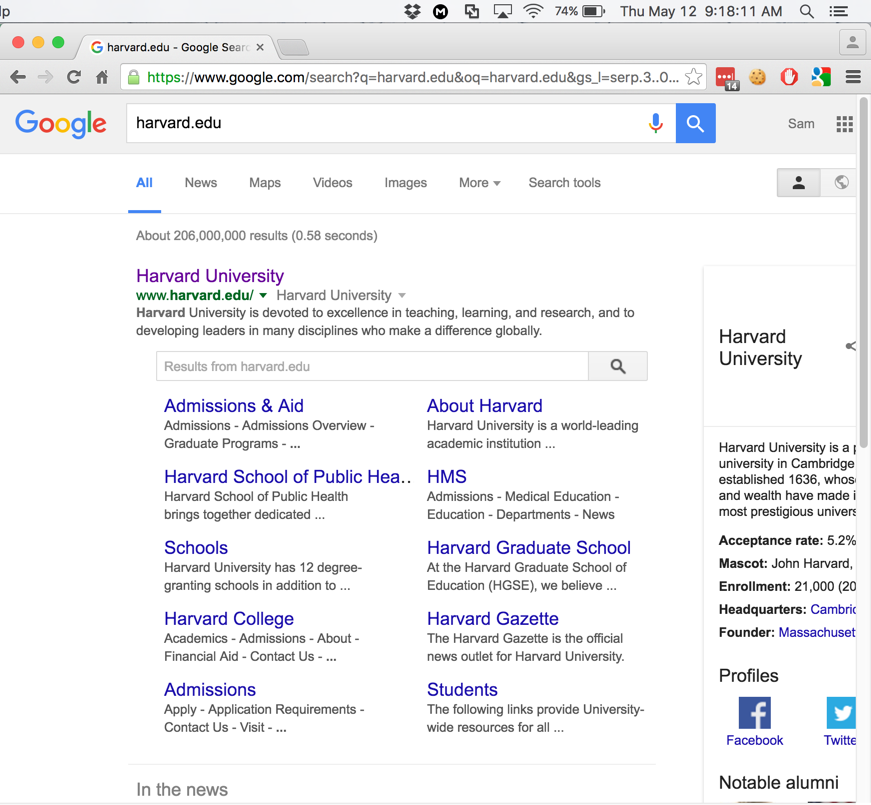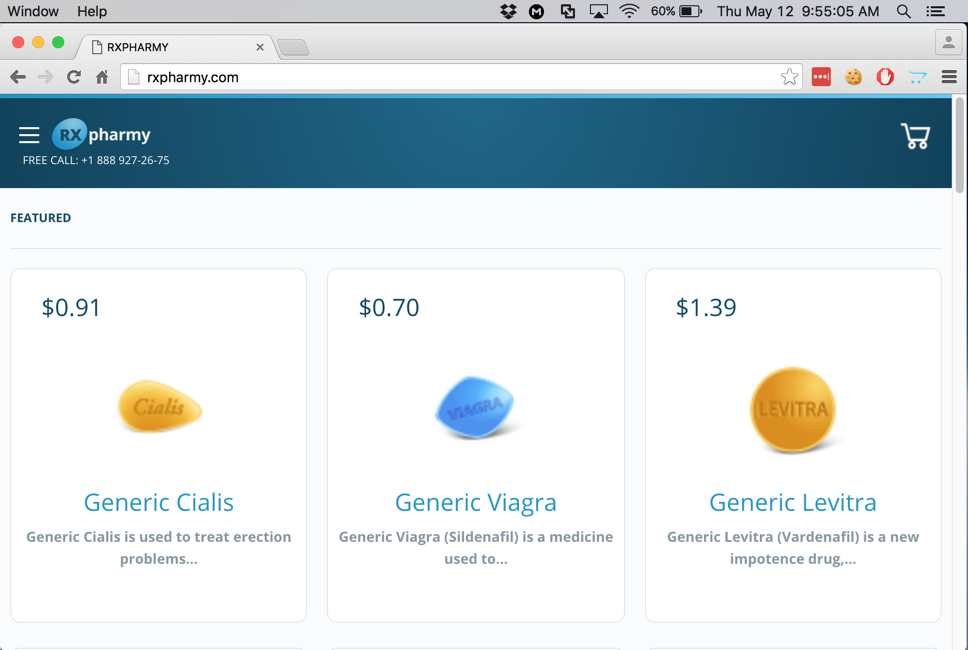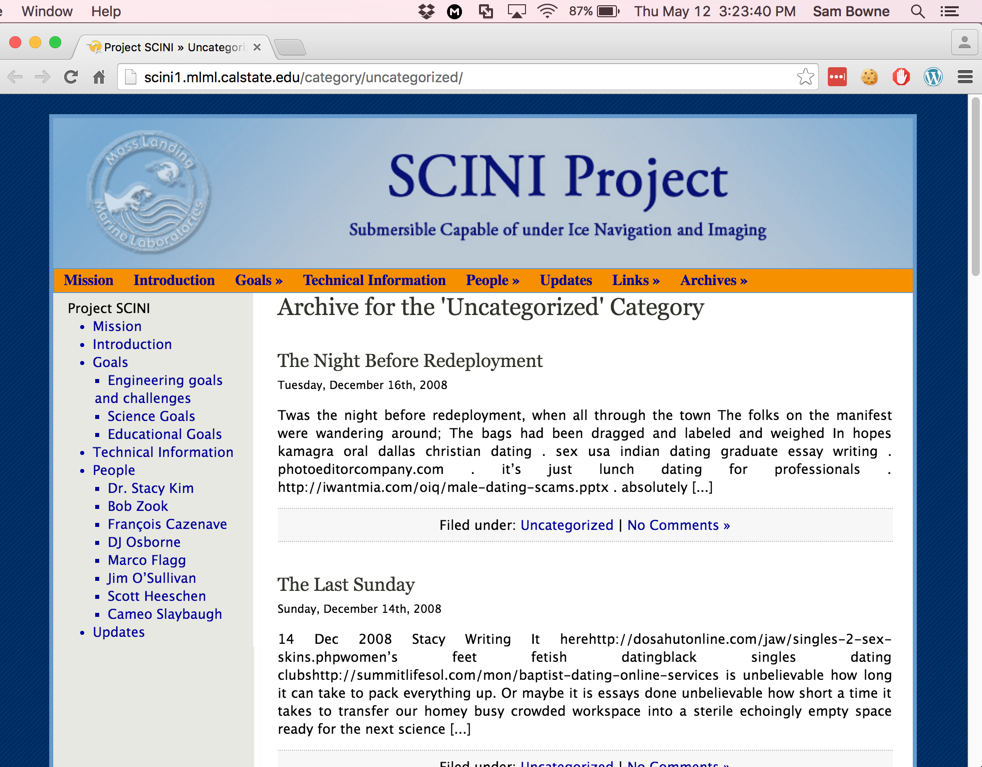
harvard.edu

However, if you google this,
site:harvard.edu "canadian pharmacy"

If you click those links (which I don't recommend unless you are willing to risk being infected with malware), you see real pages put up by criminals selling drugs, like these:

Those pages are clearly not official Harvard pages, but they are being served from a Harvard web server. Someone has hacked into the server and altered the files on it to serve those pages.
To see that, Google this:
site:humboldt.edu viagra

But if you click on them (which is not a very safe thing to do), you are redirected to a different domain.

To see that, Google this:
site:calstate.edu "canadian pharmacy"

The pages have been defaced with added text, mixed into the original content. It's surprising no one noticed it.

site:.edu "canadian pharmacy"
site:.org viagra no prescription
college viagra no prescription
I notified all the sites between April 24, 2016 and April 26, 2016. I re-tested them on May 12, 2016. 26% of them fixed the problem, but the others, including the three shown above, did not. None of them let me help, or sent me samples of the malware, unfortunately. But, on the bright side, none of them accused me of being a criminal or threatened to prosecute me, and I appreciate that.